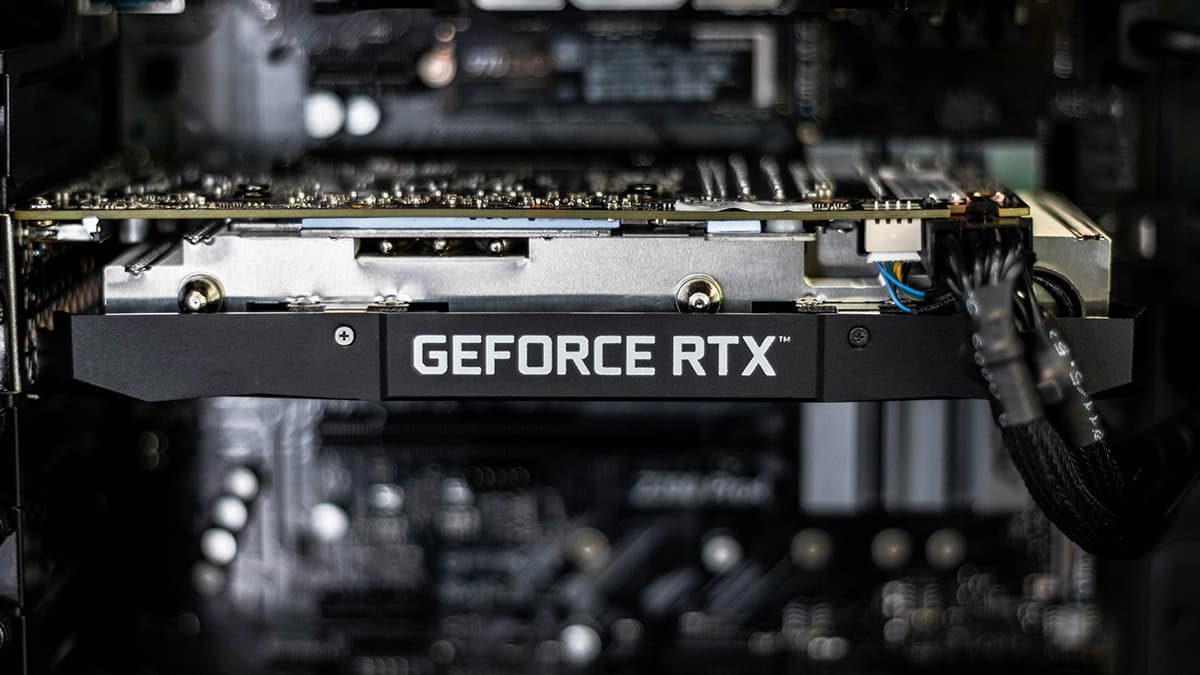What Google and OpenAI Expect Developers to Do with Their AI
Companies like Google and OpenAI are leading the way in artificial intelligence (AI). They envision a world where AI can assist with daily tasks. They also have clear expectations for developers on how to utilize AI tools effectively.
Enabling Innovation
How can developers use AI to foster innovation? Google and OpenAI see AI as a means to solve real-world issues and enhance lives. Developers can create applications that streamline farming or enable faster disease diagnosis for doctors. The potential uses of AI are vast.
Accessible and Scalable Solutions
Google and OpenAI aim to make AI accessible to all developers. They recognize that not everyone has a background in machine learning. To help, they provide user-friendly platforms like Google Cloud AI and OpenAI’s APIs. These platforms include pre-built models and clear documentation. By simplifying access, they hope to empower more developers to create innovative solutions.
Ethical Use of AI
Why is ethical AI usage important? Google and OpenAI stress the significance of using AI responsibly. Developers need to consider the social ramifications of their applications. This includes addressing bias in AI models and ensuring data privacy.
Bias and Fairness
Ensuring fairness in AI systems is critical. For instance, when developing AI for hiring, it should treat all candidates equally, regardless of race, gender, or background. Google and OpenAI provide tools and guidelines to help developers identify and eliminate bias. Developers should continuously monitor their AI systems for fairness.
Transparency and Explainability
What role does transparency play in AI development? Google and OpenAI advocate for transparency. Users should be informed when they interact with AI and understand its functions. Developers should create explainable AI applications, allowing users to grasp the rationale behind decisions made by the AI.
Open Dialogue
Transparency also involves engaging in open communication with users. If issues arise, acknowledging them and taking corrective actions builds trust and encourages acceptance of AI technologies.
Collaborative Efforts
How can collaboration advance AI solutions? Google and OpenAI promote teamwork among developers and researchers. Sharing knowledge and resources can enhance AI developments. OpenAI has a track record of releasing research papers and open-source tools, while Google supports initiatives like TensorFlow, a library for machine learning.
Community Engagement
Both companies actively foster developer communities. They provide platforms for forums, webinars, and workshops, enabling developers to learn from one another and share experiences. This collective engagement drives improvement and innovation.
Building for the Greater Good
What is the broader vision for AI? Google and OpenAI encourage developers to create solutions that tackle global challenges such as climate change, healthcare, and education.
Real-World Impact
Consider AI tools predicting natural disasters, allowing timely evacuations. Or AI systems that tailor educational experiences for students, enhancing accessibility. These are the kinds of projects that Google and OpenAI hope developers will pursue.
Empowering Creativity
Can AI enhance human creativity? Google and OpenAI believe AI should be a tool for creative enhancement, not a replacement. Developers can leverage AI to explore new artistic avenues, from art and music to interactive entertainment.
New Mediums
AI can introduce new forms of creative expression. Developers can design games where characters learn and evolve, or artists can employ AI to explore novel painting styles. The potential is boundless.
Support and Resources
What support do Google and OpenAI offer to developers? Both companies provide comprehensive online tutorials, code samples, and customer assistance. These resources help developers at every stage of their projects.
Training Programs
Additionally, they offer training programs and certifications. Google provides Google Cloud Certification for AI and machine learning. OpenAI often hosts workshops to equip developers with the necessary skills.
Google and OpenAI have specific expectations for developers using their AI tools. They promote innovation, ethical AI usage, transparency, collaboration, and a focus on social good. They empower creativity and offer extensive support and resources for developers. Following these guidelines enables developers to create impactful applications and foster equity.












